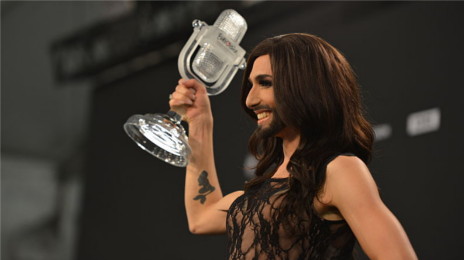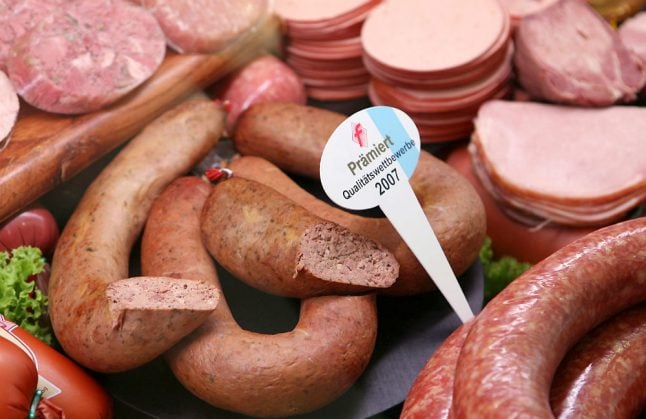CONCHITA
Tabloid likens Conchita Wurst to circus freak
Norway's leading tabloid newspaper has been accused of "prehistoric prejudice" after an editorial in Monday's paper argued that now a "bearded lady" has won Eurovision, future contests may as well feature "a giant ape" or "a singing camel".
Published: 12 May 2014 22:06 CEST

Conchita Wurst at the winner's press conference. Photo: Albin Olsson
The two-line leader, entitled Circus Eurovision, was signed by the newspaper's editor Torry Pedersen.
"The bearded lady won the Eurovision Song Contest," it read. "Challengers next year are a giant monkey from Borneo and a singing camel."
Norway's Anti-Discrimination Ombudsman Sunniva Ørstavik was quick to condemn VG's stance on Monday morning.
"Let VG go to the circus with their prehistoric prejudices," she wrote on Twitter. "The rest of us, along with Eurovision's winner, are saying: 'We are unstoppable'".
Bård Nylund, from the National Association for lesbians, gays, bisexuals and transgender people, attacked the editorial as "incredibly shameful".
By the afternoon VG's political editor Hanne Skartveit came out to defend the text, arguing that rather than confirming old-fashioned prejudices, the editorial had been intended to lampoon them.
"The editorial was meant to criticize prejudice by highlighting our not very proud past when you exhibited people who were different at the circus. When it creates so much fuss for a transgender person to take part in Eurovision, it shows that these prejudices are still alive," she said.
But she conceded that the editorial had been badly judged.
"We realize that many people are interpreting this completely differently from the way it was intended. We have to criticize ourselves and admit that we were wide of the mark."
Url copied to clipboard!


 Please whitelist us to continue reading.
Please whitelist us to continue reading.
Member comments